Tag Archive for: UCLA Social Sciences
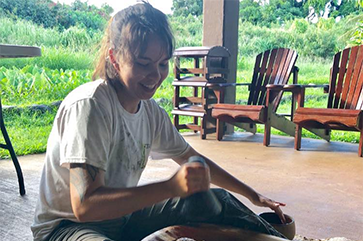 https://www.college.ucla.edu/wp-content/uploads/2023/06/Heinz1_363.png
241
363
Alvaro Castillo
https://www.college.ucla.edu/wp-content/uploads/2019/07/Uxd_Blk_College-e1557344896161.png
Alvaro Castillo2023-06-30 13:49:362023-10-24 10:23:59Temples of doom, last crusades and lost arks have nothing on her
https://www.college.ucla.edu/wp-content/uploads/2023/06/Heinz1_363.png
241
363
Alvaro Castillo
https://www.college.ucla.edu/wp-content/uploads/2019/07/Uxd_Blk_College-e1557344896161.png
Alvaro Castillo2023-06-30 13:49:362023-10-24 10:23:59Temples of doom, last crusades and lost arks have nothing on her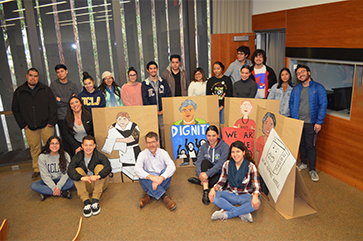 https://www.college.ucla.edu/wp-content/uploads/2023/06/Tobias_363.png
241
363
Alvaro Castillo
https://www.college.ucla.edu/wp-content/uploads/2019/07/Uxd_Blk_College-e1557344896161.png
Alvaro Castillo2023-06-30 09:09:212023-06-30 09:09:214 professors receive 2023 Chancellor’s Award for Community-Engaged Scholars
https://www.college.ucla.edu/wp-content/uploads/2023/06/Tobias_363.png
241
363
Alvaro Castillo
https://www.college.ucla.edu/wp-content/uploads/2019/07/Uxd_Blk_College-e1557344896161.png
Alvaro Castillo2023-06-30 09:09:212023-06-30 09:09:214 professors receive 2023 Chancellor’s Award for Community-Engaged Scholars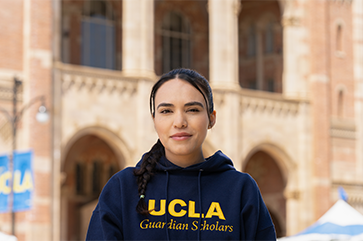 https://www.college.ucla.edu/wp-content/uploads/2023/06/Johanna_Carbajal_363.png
241
363
Alvaro Castillo
https://www.college.ucla.edu/wp-content/uploads/2019/07/Uxd_Blk_College-e1557344896161.png
Alvaro Castillo2023-06-15 15:54:032023-06-15 15:54:03Johanna Carbajal’s journey from lockup to law studies at UCLA
https://www.college.ucla.edu/wp-content/uploads/2023/06/Johanna_Carbajal_363.png
241
363
Alvaro Castillo
https://www.college.ucla.edu/wp-content/uploads/2019/07/Uxd_Blk_College-e1557344896161.png
Alvaro Castillo2023-06-15 15:54:032023-06-15 15:54:03Johanna Carbajal’s journey from lockup to law studies at UCLA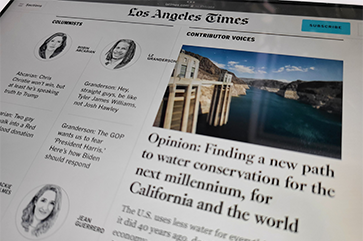 https://www.college.ucla.edu/wp-content/uploads/2023/06/LAtimes_363.png
241
363
Alvaro Castillo
https://www.college.ucla.edu/wp-content/uploads/2019/07/Uxd_Blk_College-e1557344896161.png
Alvaro Castillo2023-06-15 14:45:392023-06-15 14:45:39Latinos gain in representation on L.A. Times opinion pages
https://www.college.ucla.edu/wp-content/uploads/2023/06/LAtimes_363.png
241
363
Alvaro Castillo
https://www.college.ucla.edu/wp-content/uploads/2019/07/Uxd_Blk_College-e1557344896161.png
Alvaro Castillo2023-06-15 14:45:392023-06-15 14:45:39Latinos gain in representation on L.A. Times opinion pages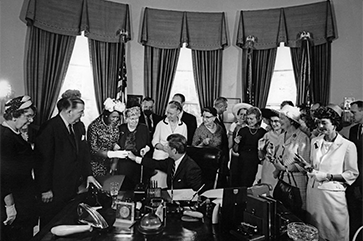 https://www.college.ucla.edu/wp-content/uploads/2023/06/equal_pay_363.png
241
363
Alvaro Castillo
https://www.college.ucla.edu/wp-content/uploads/2019/07/Uxd_Blk_College-e1557344896161.png
Alvaro Castillo2023-06-15 14:35:122023-06-15 14:35:12Cracks in the glass ceiling?
https://www.college.ucla.edu/wp-content/uploads/2023/06/equal_pay_363.png
241
363
Alvaro Castillo
https://www.college.ucla.edu/wp-content/uploads/2019/07/Uxd_Blk_College-e1557344896161.png
Alvaro Castillo2023-06-15 14:35:122023-06-15 14:35:12Cracks in the glass ceiling?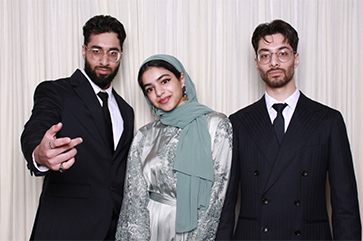
Once, twice, three times a Bruin
Graduating senior siblings Umiemah, Qasim and Humzah Farrukh…
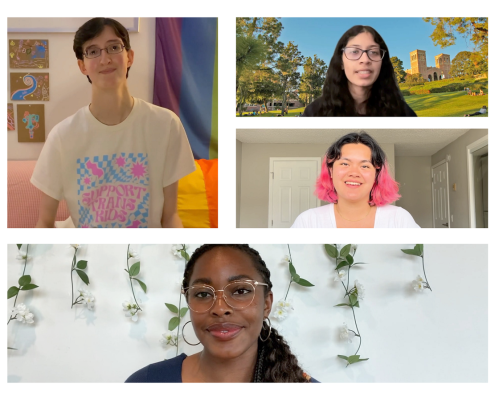 https://www.college.ucla.edu/wp-content/uploads/2023/06/CW_Commencement-2023-Web-Banner-1139x512-1-1.png
898
2000
Lucy Berbeo
https://www.college.ucla.edu/wp-content/uploads/2019/07/Uxd_Blk_College-e1557344896161.png
Lucy Berbeo2023-06-15 08:15:122023-06-16 14:54:28UCLA College Class of 2023: Student Stories
https://www.college.ucla.edu/wp-content/uploads/2023/06/CW_Commencement-2023-Web-Banner-1139x512-1-1.png
898
2000
Lucy Berbeo
https://www.college.ucla.edu/wp-content/uploads/2019/07/Uxd_Blk_College-e1557344896161.png
Lucy Berbeo2023-06-15 08:15:122023-06-16 14:54:28UCLA College Class of 2023: Student Stories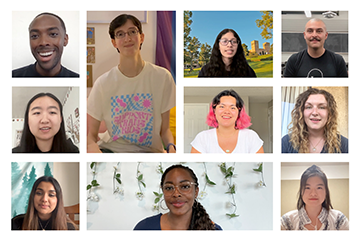 https://www.college.ucla.edu/wp-content/uploads/2023/06/Grads_363.png
241
363
Alvaro Castillo
https://www.college.ucla.edu/wp-content/uploads/2019/07/Uxd_Blk_College-e1557344896161.png
Alvaro Castillo2023-06-14 11:44:092023-08-10 13:57:55Congratulations, UCLA College Class of 2023!
https://www.college.ucla.edu/wp-content/uploads/2023/06/Grads_363.png
241
363
Alvaro Castillo
https://www.college.ucla.edu/wp-content/uploads/2019/07/Uxd_Blk_College-e1557344896161.png
Alvaro Castillo2023-06-14 11:44:092023-08-10 13:57:55Congratulations, UCLA College Class of 2023!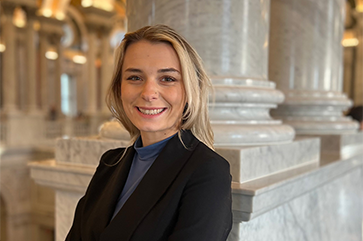
Living in her truth
Graduating senior Ariella Gaughan is learning and leading by…


